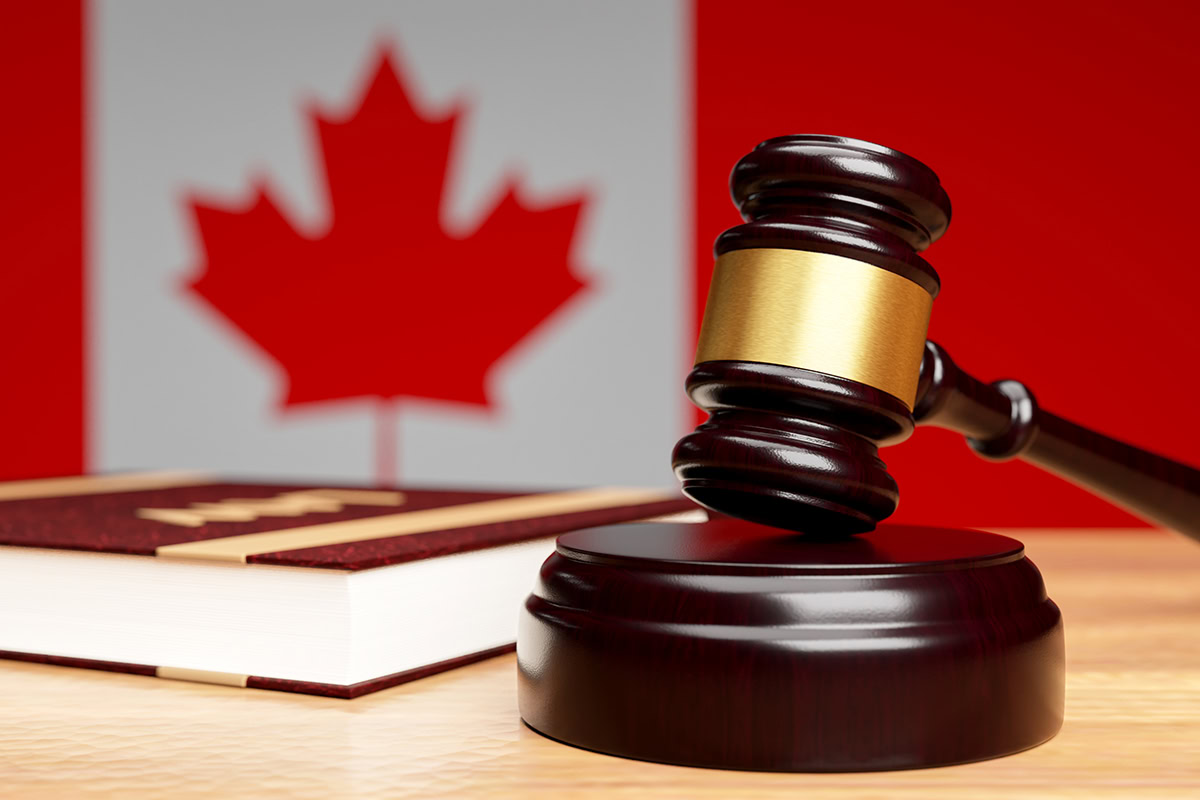Escaping persecution and coming to Canada may be an overwhelming experience, more so when one has to encounter an unfamiliar legal system. On the positive side, Canada has developed a solid defence of asylum seekers, which is supported by the national legislation and international conventions. Being familiar with these rights can have a great effect on the success of a refugee claim process in Canada.
Core Legal Protections
Legal rights of asylum seekers in Canada come into force as soon as the asylum seeker indicates his or her intention to seek refugee status. These protections do not rely on the manner of arrival in the country or immigration status.
The most significant protection is the principle of non-refoulement, which means that Canada cannot send anybody back to a country where he or she is likely to be persecuted, tortured, or treated cruelly. This protection is extended even to the claim assessment period.
The asylum seekers are entitled to stay in Canada during the processing of their claim, which might take several months or more. It is in this period that they are allowed access to lawyers, allowed an interpreter and allowed to present evidence in the case. The Immigration and Refugee Board (IRB) should provide fair hearings, where claimants are given the opportunity to narrate their stories and answer any questions related to their claims.
Starting the Application Process
Understanding how to apply for asylum in Canada has become more straightforward with recent digital improvements. The process now begins online through the IRCC Portal, where claimants create accounts and submit their refugee claims electronically.
The online system walks applicants through required questions and generates a customized document checklist based on their responses. Each family member needs a separate application, though cases can be processed together when appropriate.
Essential documents typically include identity papers, evidence of persecution or threats, country condition reports, and any medical or psychological documentation relevant to the claim. The strength of this initial package often determines how smoothly the rest of the process unfolds.
The Assessment Journey
- Once submitted, the refugee status application process moves through several distinct phases. IRCC first conducts an eligibility assessment to determine whether the claim can proceed to a full hearing.
- Claimants attend biometrics appointments and eligibility interviews, usually scheduled months after initial submission. These interviews verify identity and provide a preliminary review of persecution claims. Missing these appointments can seriously jeopardize a case.
- Eligible claims then transfer to the Refugee Protection Division for substantive review. The RPD requires current contact information throughout the process – missing important communications can result in abandonment proceedings and claim dismissal.
- The hearing represents the heart of the refugee status application process in Canada. Claimants present their cases directly to IRB members, providing testimony and evidence. Documents must be submitted at least 10 days beforehand, and rescheduling opportunities are extremely limited.
Rights Throughout the Process
The refugee status application process includes several procedural safeguards designed to ensure fairness. Legal representation remains available throughout, helping claimants navigate complex requirements and present stronger cases.
Language barriers don’t have to derail claims thanks to interpretation services provided by the IRB. These services cover hearings and official communications, ensuring everyone can effectively participate regardless of their English or French proficiency.
Claimants can present evidence, call witnesses when relevant, and challenge adverse information about conditions in their home countries. These rights help balance the playing field between individual applicants and government resources.
Getting Help Along the Way
Professional assistance often proves crucial for successful outcomes. Legal representatives can complete applications, submit claims on behalf of clients, and provide expertise that many individuals lack when facing this complex system.
Beyond lawyers, various community organizations offer asylum application help in Canada. Settlement agencies provide orientation services, while refugee-serving organizations assist with practical needs like housing and mental health support.
The complexity of refugee law means even seemingly straightforward cases can hit unexpected snags. Professional guidance helps identify potential problems early, build stronger evidence packages, and present cases more effectively.
After the Decision
Successful claimants receive protected person status, opening doors to permanent residence applications and eventual citizenship. This status allows individuals to begin rebuilding their lives in Canada with confidence.
Unsuccessful claimants still have options, though time becomes critical. Federal Court applications for judicial review provide additional oversight of IRB decisions, though success rates vary significantly.
Those who exhaust all legal avenues face removal from Canada. This reality emphasizes why building strong initial cases and using available legal remedies effectively matters so much.
Current Challenges and Changes
The Canadian refugee system is still adjusting to rising displacement around the world and changing domestic politics. The processing times vary with the number of claims, but Canada upholds its principle of giving all asylum seekers a fair hearing.
The latest debates concerning border security procedures can potentially influence future processes, and it may be even more crucial that claimants are aware of their rights and can successfully navigate the system.
Building Winning Cases
Success often depends on thorough preparation and compelling evidence presentation. Meritorious cases generally involve detailed personal accounts, corroborating paperwork, expert testimony where necessary and overall evidence of country conditions.
Legal rights of refugees in Canada form the basis of protection, yet a person should interact with the system to enjoy the protection. This entails being familiar with the deadlines, adhering to the procedures, and presenting the cases in a manner that definitively proves the risks of persecution.
Professional legal assistance frequently makes the difference between successful protection and potential removal from Canada.
For experienced guidance navigating Canada’s refugee system, Kurzfeld Law Firm provides dedicated support for asylum seekers throughout their claims.





